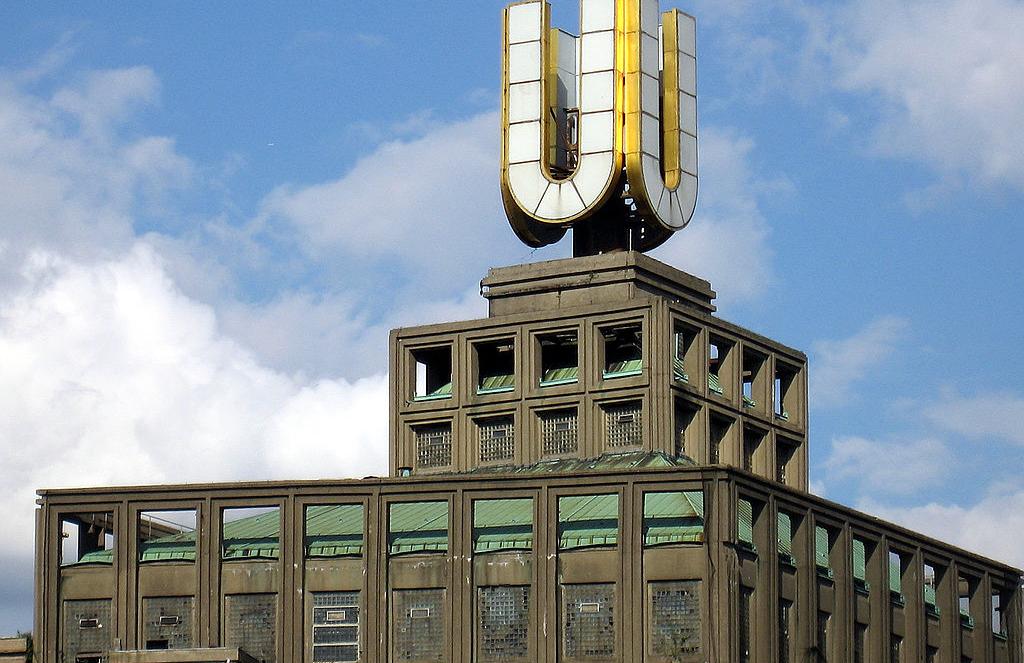Thessaloniki gets ready for its metro launch in November
The underground rapid transit lines have been under construction for almost two decades due to various project delays
 TheMayor.EU logo
TheMayor.EU logo 
The Dortmunder U cultural centre is a vital meeting point between science and urban society , Source: Mbdortmund on Wikipedia, CC BY-SA 3.0
The story of Dortmund’s 2011 Science City Masterplan and how it grew in the new decade
The Dortmund Science City Masterplan was first developed in 2011 to boost the cooperation between the various universities and the student body with local businesses. However, that was more than 10 years ago and with the changing times, the city decided to extend the programme for another decade by introducing the Science City Masterplan 2.0.
One of the main points of the updated version was to build upon the success of its previous iteration, creating links between local entrepreneurs and the academic environment. The new version aims to boost that process but it also focuses on linking the general public to the idea generation process by providing spaces for science-driven innovation.
In 2011, local authorities gave the go-ahead for the development of the Science City Masterplan to create an interlinked ecosystem of cooperation in Dortmund. The plan was coordinated by one Prof Dr Detlef Müller-Böling, a retired TU Dortmund professor of economics and social sciences.
The plan proposed 100 measures that were supposed to strengthen cooperation between institutions from science, business, city (administration), culture and politics. Up to 2021, according to a statement by the city, most of them were successfully implemented.
Some of the key measures included developing strategic scientific fields, to focus local efforts. These focused sectors were logistics, tech manufacturing, biomedicine and pharmaceutical research and education.
However, in 2019, an independent commission recommended that the plan be revamped and expanded. This process was handled by Prof Herbert Waldmann, Director at the Max Planck Institute for Molecular Physiology, who explained that the focus should shift from a strictly professional approach to broad participation in development processes.
The plan was implemented in early 2021 and it featured four thematic groups.
Mayor Thomas Westphal commented on the occasion: “The Science City Masterplan 2.0 opens up the process to urban society and the Westphalian economic region. Dortmund allows knowledge to grow – we are sending this message to our friends and neighbours in the city, the region, in Germany and in Europe.”

The underground rapid transit lines have been under construction for almost two decades due to various project delays

Now you can get your wine in Talence by paying directly in Bitcoin

That’s because the state has to spend money on updating the railway infrastructure rather than subsidizing the cost of the popular pass

Rethinking renewable energy sources for the urban landscape

The examples, compiled by Beyond Fossil Fuels, can inform and inspire communities and entrepreneurs that still feel trepidation at the prospect of energy transition

Now you can get your wine in Talence by paying directly in Bitcoin

The 10th European Conference on Sustainable Cities and Towns (ESCT) sets the stage for stronger cooperation between the EU, national and local level to fast track Europe's transition to climate neutrality.

At least, that’s the promise made by the mayor of Paris, Anne Hidalgo

The underground rapid transit lines have been under construction for almost two decades due to various project delays

At least, that’s the promise made by the mayor of Paris, Anne Hidalgo

Hostal de Pinós is located in the geographical centre of the autonomous region

Despite its church-y name, the district has long been known as the hangout spot for the artsy crowds

Urban dwellers across the EU are having a say in making their surroundings friendlier to people and the environment.

Forests in the EU can help green the European construction industry and bolster a continent-wide push for architectural improvements.

Apply by 10 November and do your part for the transformation of European public spaces

An interview with the Mayor of a Polish city that seeks to reinvent itself

An interview with the newly elected ICLEI President and Mayor of Malmö

A conversation with the Mayor of Lisbon about the spirit and dimensions of innovation present in the Portuguese capital














